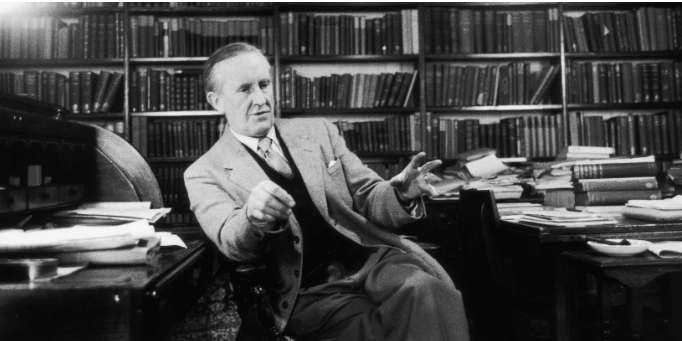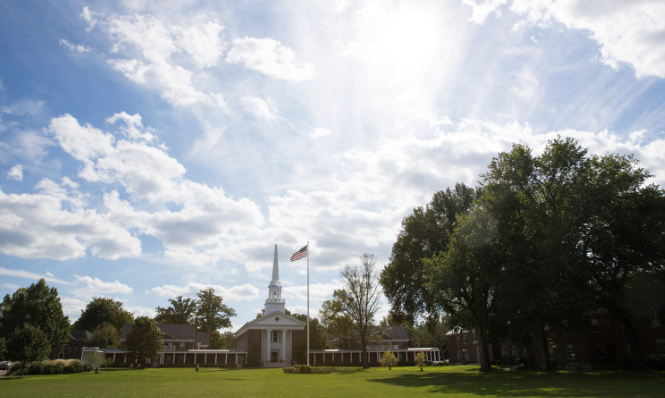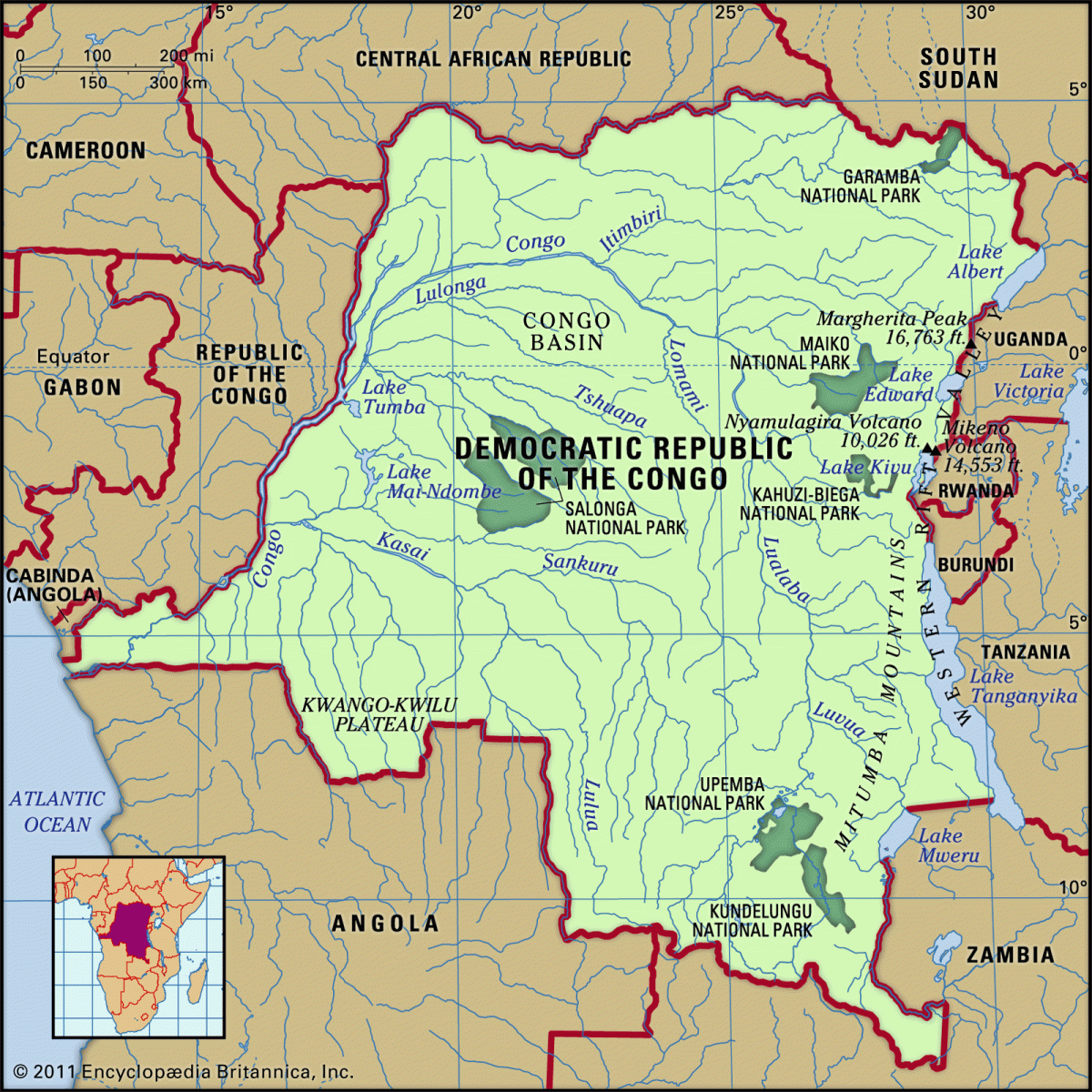Winter Approaches: What’s Next for Ukraine?
November 17, 2022
Eight months into the Russian invasion of Ukraine, though Russia has struggled to gain footing militarily, its strategic bombing of Ukrainian energy infrastructure has succeeded in crippling the nation.
With daily drone and missile strikes, Russia has damaged about 30% of Ukraine’s power plants (The Economist, 10/24/22), significantly reducing their energy capacity. High demand on the crippled capacity could push the country into an extended blackout. In order to prevent the grid from overloading its capacity and shutting down, Ukraine’s main power grid operating company, Ukrenergo, has imposed rolling blackouts for up to four hours each day. Though they have attempted to spread knowledge of the blackout schedule, Ukrainians report (The Washington Post, 10/24/22) that these blackouts are often unexpected, creating a general atmosphere of apprehension. The power grid attacks have also spurred waves of refugees seeking new residences in neighboring countries. Even after leaving behind their ruined homes, the plight of Ukrainian refugees continues as they struggle to find stable, well-paying jobs in their new cities.
Repair has proven costly, difficult and futile. The chief executive of Ukrenergo, Volodymyr Kdyrtskyi (The Washington Post, 10/25/22), explained, “It is much quicker and easier to launch a missile and destroy the equipment or the object than to renovate it.” While destruction merely involves strategizing and sheer firepower, repair requires innovation, money and the labor of multiple groups of people. Additionally, once key infrastructure points have been identified, Russia can continuously target the same locations, rendering repairs pointless.
Despite the hardships currently facing the country and the prospect of a bitter, heatless winter, Ukrainians have maintained their fighting spirit. According to a Gallup poll released on October 18, 70% of interviewed Ukrainians support the war effort and believe that Ukraine should retaliate until it has regained all of its historical territory, including Crimea. Prior to the war, both the Ukrainian public and the government had begun to look more to the West, distancing themselves from their previous ties with Russia. The war has only heightened Ukraine’s shift towards the West, as last month, President Zolensky announced that the government has applied for “accelerated accession to NATO.” (The New York Times, 9/30/22) Zolensky stressed the global importance of this conflict, calling Ukraine the place where the “fate of democracy in the confrontation with tyranny is being decided.” With the harsh winter months rapidly approaching, Ukraine will attempt to fight back while weathering the constant Russian strikes on their energy supply.







































